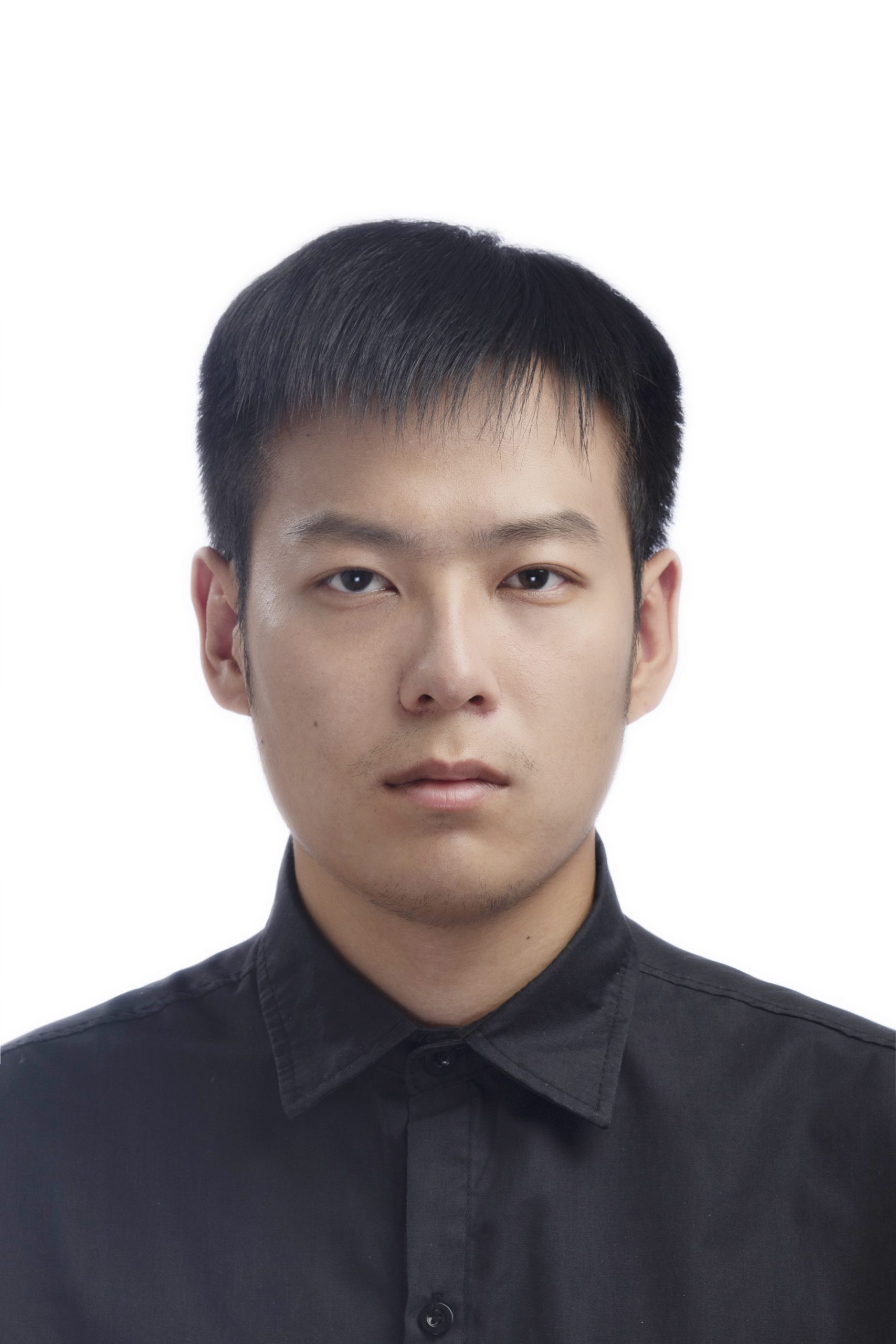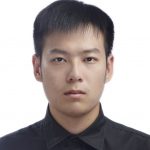Linfeng Wei
University of Melbourne
Linfeng Wei is a master student in University of Melbourne, and is currently working on Gale dual quiver varieties and Bethe equations, which lies in the the field of Representation and Mathematical physics. Before this, He did his undergraduate study in Sichuan University, China, where he learned about Koszul duality in Representation theory. His interest is to understand the duality and behaviours between different geometric settings, especially from physics background. He is also interested in other aspect of representation theory such as categorification, quantum cohomology and Symplectic resolutions.
Can you give me a quick overview of the type of mathematics you are studying and its potential impacts for the broader community ?
What I’m studying now is a rather concrete example aspect of Mirror symmetry of Symplectic duality originated from physical ideas. We expect to build the results known or conjectured by (mathematical) physicians from geometric facts and behaviours. We believe the mathematical language should be compatible with physical world, and we’re working towards this.
How did you get into mathematics and into the area of Representation Theory? Was there someone or something that inspired you to this field?
The first kind of Representation theory stuff I came across was some classical material like Representation of finite groups and Algebraic representations, and I looked slightly more into the calculation of homological functors in Representation theory, which became my bachelor thesis. But what made me interested most is the Koszul duality pattern of theories in Representation theory introduced to me by Prof. Xiaojun Chen. I was also amazed by the connection between such geometric theory to (mathematical) physics background. Later on, I explored more methods
and programs in such direction, including categorification. In search of examples of categorification, I was attracted by a new-ish paper to categorify certain algebraic group by Vinoth and my current supervisor Gufang, and that’s why I’m here.
You received a grant to attend AMSI Winter School 2022. How important was this in terms of your ability to attend, fully participate in the program and meet others studying in similar fields?
I was about to give up the opportunity to come to this AMSI winter school if I couldn’t get this grant for travelling to Brisbane and accommodations. The time staying in the college with others really helped us to know each other better and talk about some math during almost every meal.
Winter School is designed to give students a deeper understanding of their area of research and expose them to others working in different fields/industries. What was the most valuable part of the program for you? Was it the course content or the people you met? Do you have new ideas for your work/research or see it in a new light?
The most valuable part, I would say perhaps, is the “philosophical” quotes from Geordie’s lecture. Before I thought mathematics is always about “universal” properties; But just like fortunate people are alike but unfortunate people has different kinds of story, interesting mathematics lies in the“singularities” where common ones fail. This encourages me looking into those unexpected examples. Also, the friends I met in the school helped and inspired me a lot.
AMSI-MSRI Winter School was held as a hybrid event with event hubs in Australia and America. What was the biggest positive from your point of view holding it in this format and/or the biggest challenge?
The good thing to be held hybrid might be there’re automatically recordings and lecture notes available. But it’s a challenge to attend office hours online individually compared to sitting and discussing together.
What advice would you give to someone who is considering applying for Winter School in 2023? How would you describe the conference to them? Should they apply and why?
I would say the winter school is exhausting but worth it. Be prepared to engage with math and people with high rhythm. One should apply to the winter school as long as the field of study is related.
Where do you want the mathematical sciences to take you? Where do you see yourself in five, ten years time?
They’re a lot of things in math and mathematical physics I’d like to understand in my life, for which I guess the best way is to apply them to do project of my own. I’m still trying to get a good academic performance in my masters and looking for a Phd in this area, and I wish I could continue studying in the following years.
Any other feedback/comments you would like to provide on the AMSI Scholarship or AMSI-MSRI Winter School 2022?
Thanks for the opportunity and scholarship from AMSI


